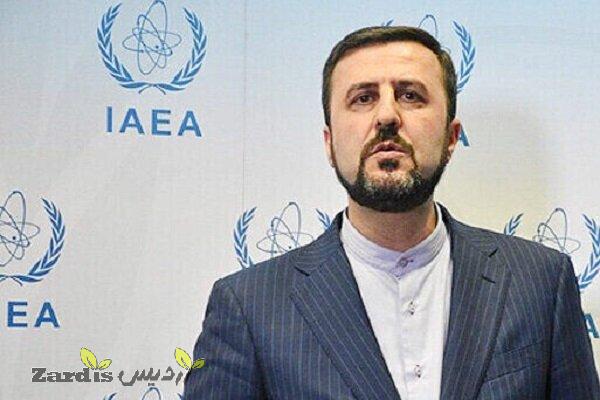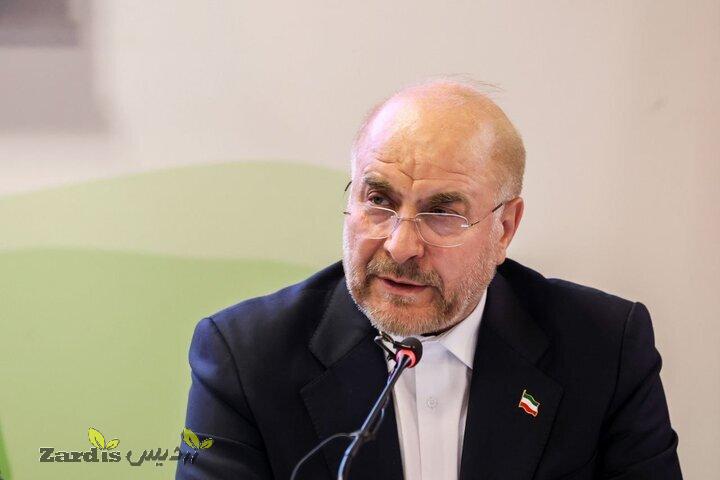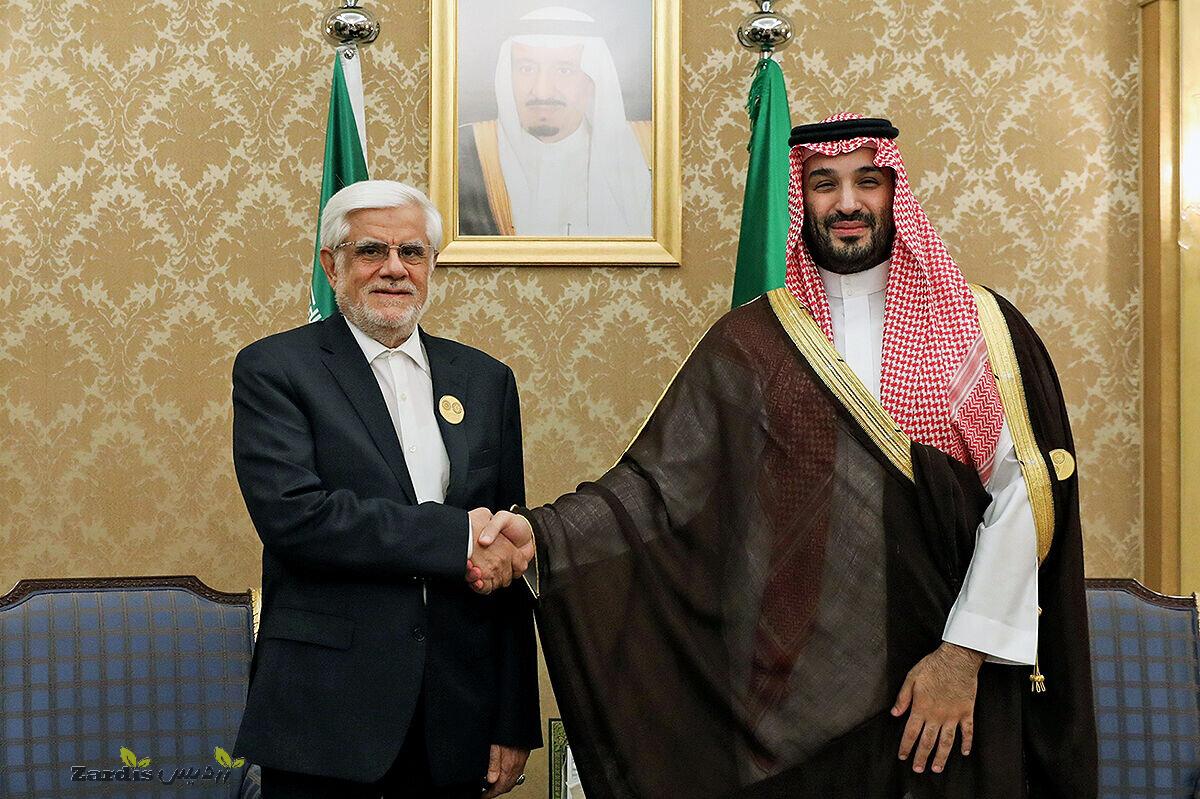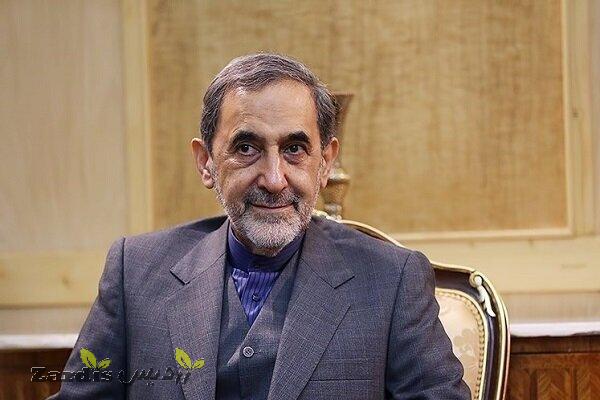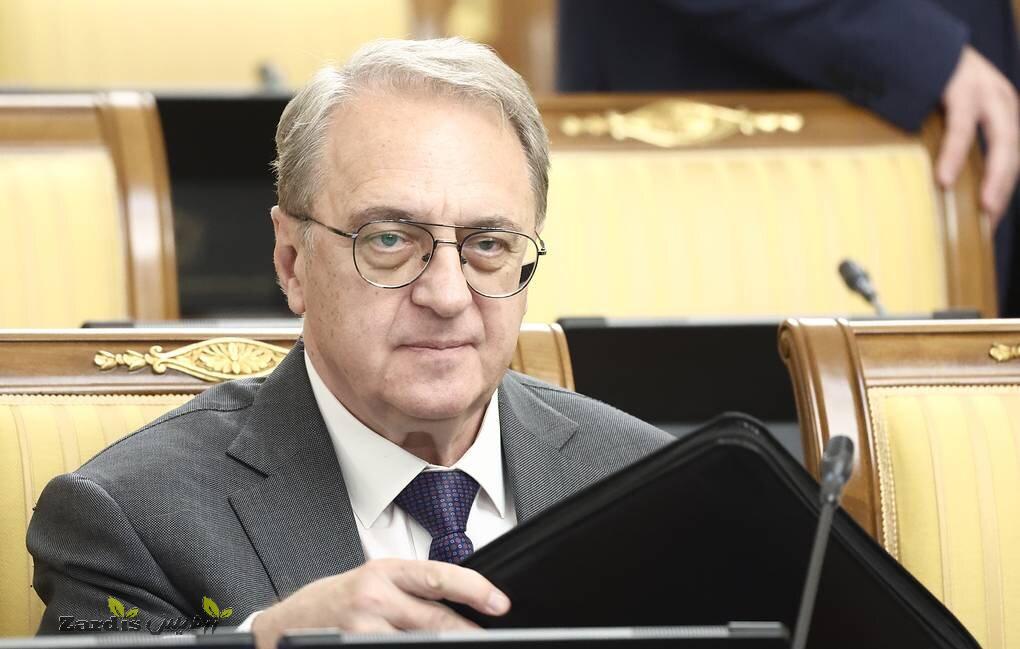TEHRAN– The International Atomic Energy Agency (IAEA) said on Saturday that Iran has begun the process of enriching uranium to 60 percent fissile purity at the nuclear plant in Natanz, confirming earlier statements by Iranian officials.
“The Agency today verified that Iran had begun the production of UF6 enriched up to 60%… at the (above-ground) Natanz Pilot Fuel Enrichment Plant,” the UN nuclear watchdog said in a statement. More information was given in a confidential IAEA report to member states obtained by Reuters.
“According to Iran’s declaration to the Agency, the enrichment level of the UF6 produced at PFEP was 55.3% U-235. The Agency took a sample of the produced UF6 for destructive analysis to independently verify the enrichment level declared by Iran. The results of this analysis will be reported by the Agency in due course,” the report said.
Kazem Gharibabadi, Iran’s ambassador and permanent representative to international organizations in Vienna, confirmed the Reuters report, stating, “The level of UF6 enrichment produced by Iran has been 55.3%.”
Iran decided to enrich uranium to a purity of 60% in response to an explosion that damaged some equipment at the larger, underground fuel enrichment plant at Natanz on April 11.
The sabotage took place as Iran and the remaining parties to the 2015 nuclear deal (JCPOA) are holding technical talks in Vienna on a possible revitalization of the agreement as the new Biden administration has expressed willingness to rejoin the multilateral accord. Israel has blamed Israel for the sabotage attack. Multiple Israeli media outlets have quoted unnamed intelligence sources as saying Mossad spy service carried out the sabotage operation at the Natanz complex.
The Zionist regime’s Foreign Minister Gabi Ashkenazi said on April 16 that Israel will do “whatever it takes” to ensure that Iran does not acquire what he called “nuclear weapons”.
Iran has called the sabotage “nuclear terrorism” and an instance of “war crime”.
The 2015 deal had capped Iran’s level of purity at 3.67% in return for the termination of economic and financial sanctions. However, former U.S. president Donald Trump abandoned the JCPOA in violation of international law three years ago in line with his “maximum pressure” campaign against Iran.
A year after Trump left the agreement and imposed the harshest ever sanctions in history on the Islamic Republic, the Supreme National Security Council (SNSC) issued a statement saying Iran’s “strategic patience” is over and started to gradually reduce Iran’s commitment to the JCPOA.
Iran had in recent months already raised enrichment to 20% purity. It was done in accordance to a parliamentary ratification which obliged the government to step up nuclear activities as the West is refusing to lift sanctions on Iran. “We are producing about 9 grams of 60% enriched uranium an hour,” Ali Akbar Salehi, head of the Atomic Energy Organization of Iran, said on Friday. “But we have to work on arrangements … to drop it to 5 grams per hour. But then we will simultaneously produce 20% (uranium),” said Salehi, a nuclear physicist.
Earlier, Iran’s Parliament Speaker Mohammad Bagher Ghalibaf said Iranian scientists had successfully started enriching 60% uranium. “The will of the Iranian nation makes miracles that thwart any conspiracy,” Ghalibaf wrote on Twitter. As a signatory to the nuclear Non-Proliferation Treaty (NPT), Iran’s nuclear activities are under the supervision of the United Nations nuclear watchdog.
SA/PA
Zardis news | The latest news of Iran and the world
تمامی حقوق مطالب برای "Zardis news"محفوظ است و هرگونه کپی برداری بدون ذکر منبع ممنوع می باشد.
طبق ماده 12 فصل سوم قانون جرائم رایانه ای کپی برداری از قالب و محتوا پیگرد قانونی خواهد داشت.



